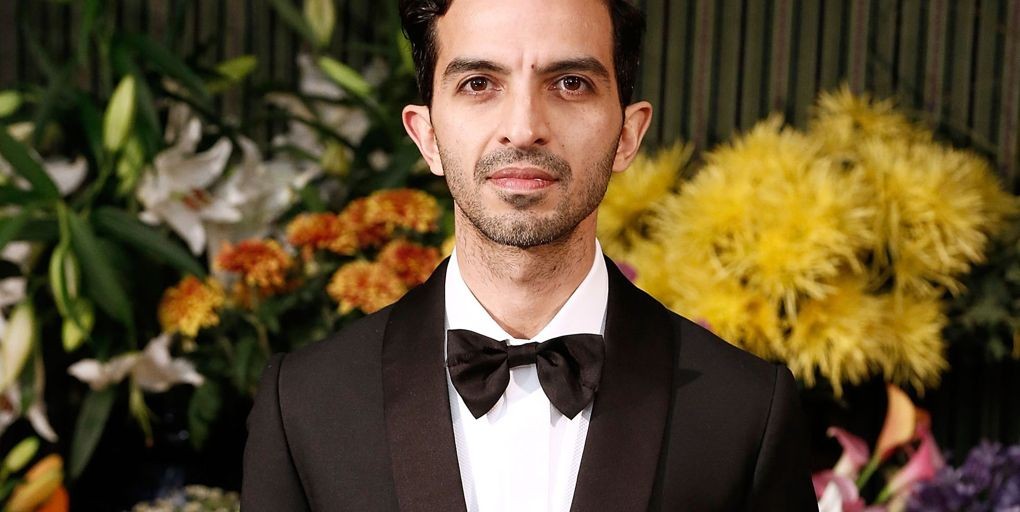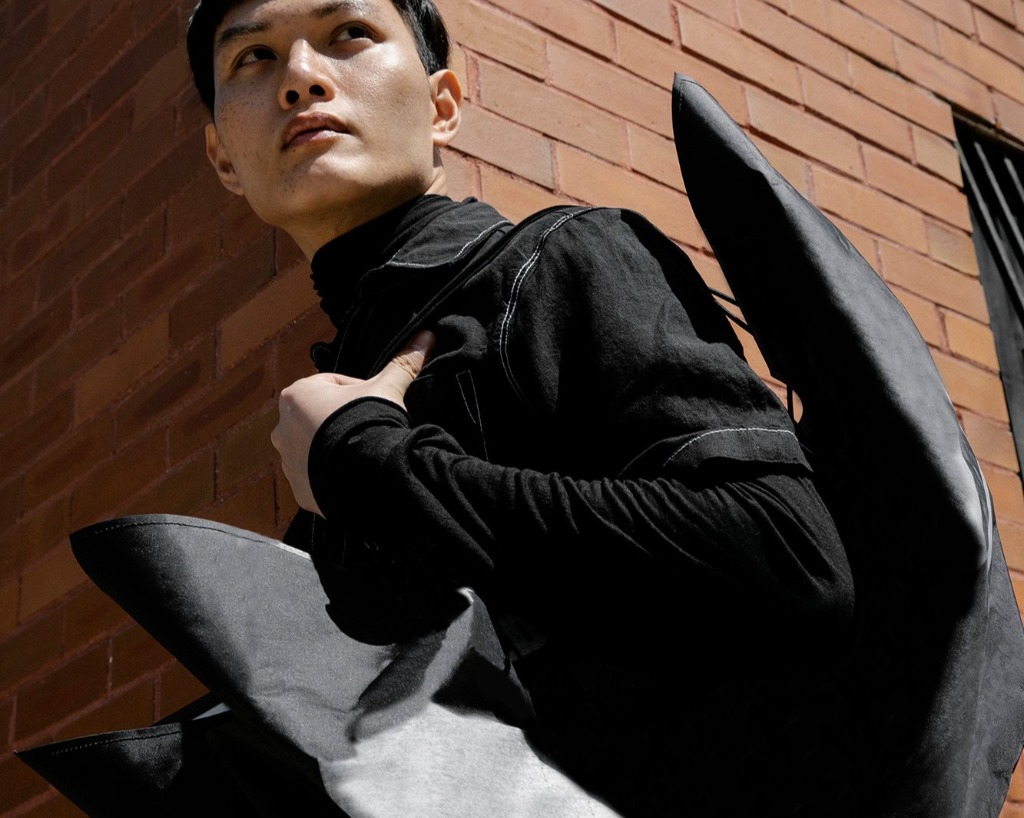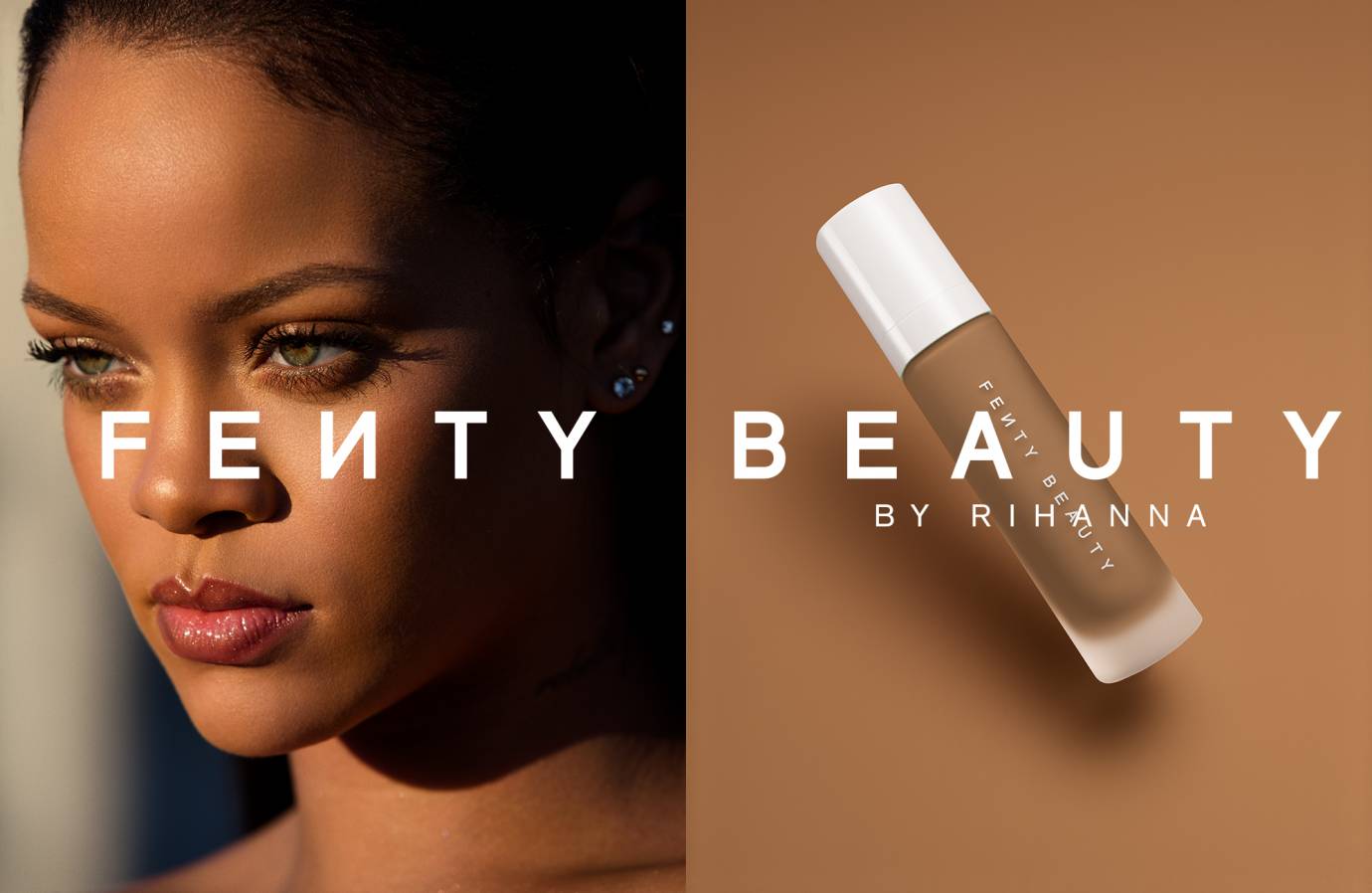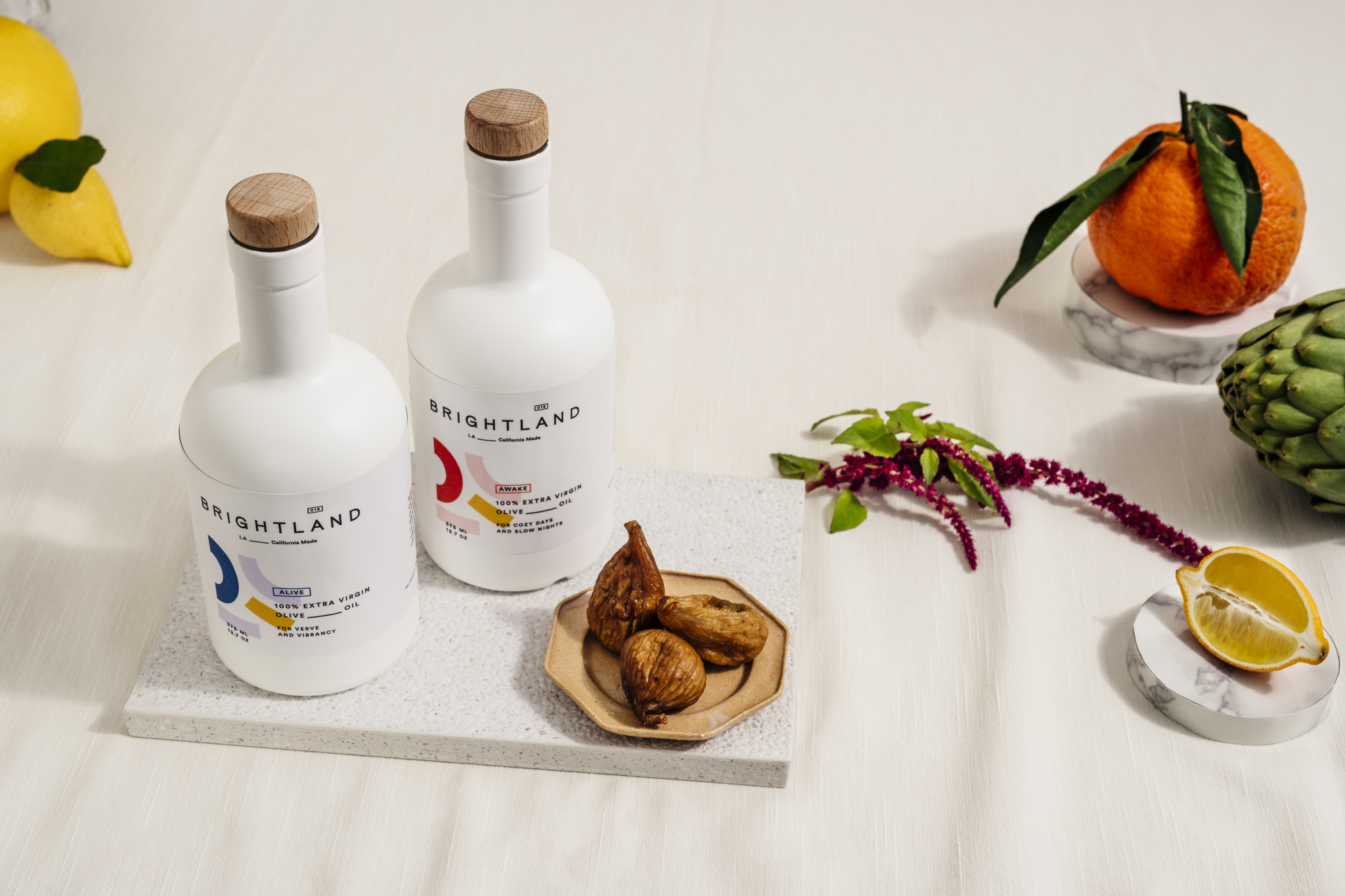LONDON — GQ UK published an excellent profile on the fashion world’s new media darling, the “bird-like” Imran Amed. We’ve broken it down to bring you the key TLDR highlights:

“Imran! Imran! Imran!” One thing this piece makes clear: The man is adored by the “global fashion business elite”. The opening setting takes place during BoF’s VOICES Summit from last December at the Soho Farmhouse in the charming English countryside. Everyone from Natalie Massenet to Jose Neves to Giselle is there in attendance, ostensibly, to pay fealty. We kid. Giselle wasn’t actually there.
Imran’s journey to starting BoF followed a familiar pattern: Corporate burnout (McKinsey at age 29), then some recovery and reflection time (a 10 day Vipassana meditation retreat in South Africa), then gravitating towards his natural leanings (the business side of fashion) by meeting as many industry people as he could, and blogging his thoughts on BoF 1.0 back in 2007.
You can still read the very first BoF posts here: http://uberkid.typepad.com/
The early BoF standbys were evident even back then: “[E]very morning, [he’d send] out an email circular — something his website still does — with his daily news stories, analysis of a big merger or a brand announcement. Sometimes there would be an interview with an industry figurehead.” And it was, according to GQ, “spellbindingly insightful, and precise in its dissection and explanation of trends and events.”
BoF arrived at the perfect time: “Looking at what was happening in 2007, Amed’s timing to begin focusing on building a new sort of online news service for a new sort of user was either fortuitous or prophetic. Maybe a little of both. “Look at what happened back then; the first iPhone was launched that year in June. Facebook was relatively new – 50 million users rather than three billion as it is now. The world was changing, fast.”” Also: “One could argue that BOF is … booming due to fashion simply becoming more about business or money and less about creativity.”
BoF 2.0 came in 2013. That’s when he really started to take it seriously. “He procured an investment to the tune of £1.25 million, led by Index Ventures (ASOS, Net-A-Porter and Etsy), LVMH and a Venezuelan VC fairy godmother named Carmen Busquets. The interest was strong; the invites to attend fashion shows internationally were already in the post. Suddenly the outsider, through grit, diligence, strategic intelligence and charm, was inside.”
Here’s his McKinsey side talking: “The truth is the business of the fashion industry has always been big; it just wasn’t communicated in that way. That is one of the reasons I was shocked when, coming from the background I came from, I looked into how this industry was reported on previously. Fashion is a $2.4 trillion industry. What $2.4tr industry would be happy with sycophantic fluffy reportage? It is not what the industry needed or needs. Of course, there will always be a place for personality-led profiles and lifestyle coverage, and those features have their own role to play.”
On painting the entire fashion picture: “When you look at the film industry, at the Oscars they don’t only credit the actors. They credit the producers and the directors. The whole ecosystem that makes the business of film happen. [BOF] is about acknowledging those that make the Business Of Fashion happen.”
BoF’s differentiation compared to Drapers and WWD: “Although both portals are still used by the fashion industry — Drapers is more for retail; while WWD has a far wider remit seemingly — the CEOs I spoke to about BOF seem to have been ready for precision coverage that is more focused to the ever-fluctuating luxury business markets. That, and a website that looks more contemporary and more like the sort of website their own high-earning customers would use. In a sense, more like fluffy yet beautiful style biannuals and less like a trade rag.”
Scoops have been big business: “[T]he most famous model on the planet, Kate Moss, gave BOF the exclusive to announce the next step in her evolving career – the launch of her own talent organisation, Kate Moss Agency. The Moss story went global.”
On balancing fashion’s fragile egos with reporting:
You could “say that Amed has grown his company and his business, not only through hard work, but by relying on others within the industry trusting him and giving him a chance. Is he now going to bite those manicured hands that helped him up fashion’s glittery ladder?
[…]
[Says Imran:] ‘I get disgruntled phone calls, of course,” he says diplomatically. “Sometimes people aren’t happy because we have been critical or we have not written the sort of coverage that people are expecting to get elsewhere because [other media organisations] have an advertising relationship. Sometimes brands expect some sort of influence over the coverage. And this is why I have prioritised making our subscription-based service possible.'”
Which in part helps to explain the new paid subscription model: “It means we are not dependent on any single revenue item or company to succeed in business. But I’m not going to say it isn’t tricky. I have to manage it every single day. We just say what we think. There is never an agenda. We never want to take anyone down. We stay true to our completive advantage – to use business terminology – which is our independence. An outsider’s point of view with an insider’s access.”
BoF has four revenue arms today: “BOF has, at present, four pillars of potential profitability – the paywall, events, education and the careers listing.”
Lastly, has he considered selling? A big fat no. “The company is not for sale. It will happen one day…. [But] I have a bigger ambition than just money.”






